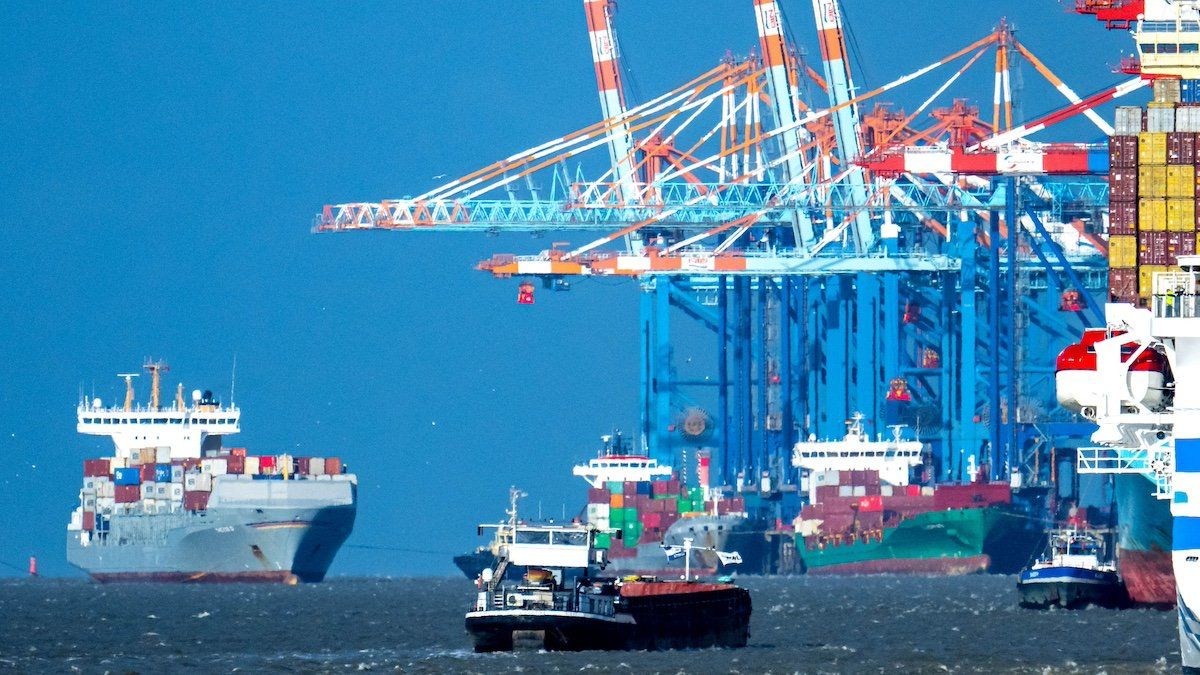On Wednesday, President Donald Trump used his social media platform to threatenVladimir Putin with “high levels of Taxes, Tariffs, and Sanctions on anything being sold by Russia to the United States” unless he struck a bargain over Ukraine.
There’s just one problem: Russia has very little trade with the US. Americans imported just $2.8 billion in goods from Russia from Jan. to Nov. 2024, less than a tenth of the pre-war figure and less than 1% of all US imports over the same time period. The extensive sanctions already in place have hardly brought Moscow to its knees, and arguably benefited US rivals like China, Iran, and North Korea. It’s tough talk, but it’s not likely to push Putin to the table.
China is a different story. Trade with the US added up to an average of $54 billion per month in 2024, and the 60% tariffs Trump threatened to put on China on the campaign trail would cause severe damage to both economies. That may be why Trump is backing off the high sticker number and said Tuesday he is considering imposing at 10% tariffs on Chinese goods as soon as Feb. 1.
Now, 10% is a number that Beijing feels is much more manageable. China is experiencing price deflation — a really damaging phenomenon with one silver lining in that it could mean US consumers wind up paying about the same prices even if Trump hikes tariffs. The central government is also promising funds to stabilize the stock market in the face of potential tariffs and prevent investors from seeking safer shelter for their cash.
The fears are more real in Europe, where Trump threatened to impose tariffs without specifying a rate on Tuesday. Growth in the region’s most important economies is already stagnating, and even small barriers to trade with their most important partner will have serious consequences. Further economic troubles could empower far-right movements across the continent, which may suit Trump just fine. We have our eye on Germany, which will hold elections in precisely one month.
And don’t forget Canada and Mexico, which are staring down the barrel of 25% tariffs that Trump threatened on Tuesday as well. It’s creating a decidedly tense atmosphere in North America, with Canadian Prime Minister (for now) Justin Trudeau promising retaliation, which Mexican President Claudia Sheinbaum has hinted at as well.
The bottom line? You’re probably in for rising prices in the near future … unless everyone can come up with a reason for Trump to let them slide. We’re watching what Trump says when he speaks at the World Economic Forum in Davos on Thursday.
